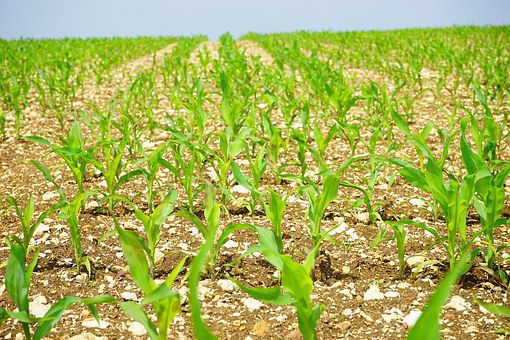For Ishmael Ruredzo, his wife and four children, the past few months have been tough as they have struggled for regular meals following a particularly poor harvest.
To make ends meet, the family has been doing chores for other families in exchange for a gallon on maize.
Their daily fare since April has been mutakura, boiled maize that has salt added to it.
“The heavens have not been good to us this past year and we are having to deal with each day as it comes and hope that the coming agricultural season will bring something better,” said Ruredzo.
The plight of the Ruredzo is not a unique one. More than 5.5 million Zimbabweans are facing hunger between April 2019 and March 2020, according to a vulnerability assessment report published by the Southern African Development Community in July.
However, the challenges faced by Ruredzo and others is expected to ease somewhat, thanks to United Kingdom assistance that would see thousands of Zimbabwean families receiving life-saving access to food and water.
UK International Development Secretary Alok Sharma on Friday announced a £49-million aid package.
“The UK stands with the people of Zimbabwe at a time when millions are at risk of starvation and disease,” Sharma said.
He said the funds would be given “to trusted partners” to help malnourished children, families and communities following a United Nations humanitarian appeal on Zimbabwe.
“Through trusted partners we will continue to give families access to food and clean water, and support children to gain a decent education.”
He however called on the Zimbabwean authorities to act on their promise to deliver fundamental political and economic reforms
“The Government of Zimbabwe must do more to deliver the promised fundamental political and economic reforms and take responsibility for the humanitarian crisis affecting its people,” Sharma said.
The food crisis is closely linked to the economic challenges in Zimbabwe which has led to high unemployment and high inflation.
Having already experienced outbreaks of cholera following the devastation of Cyclone Idai earlier this year, water shortages are also leaving the country more susceptible to further outbreaks as people struggle to find clean sources of drinking water.
JN/APA


